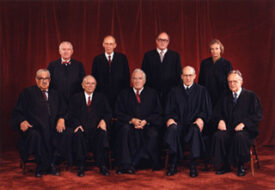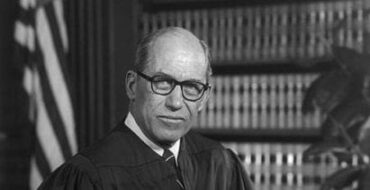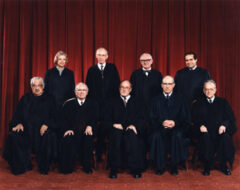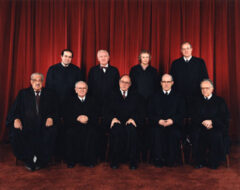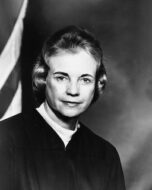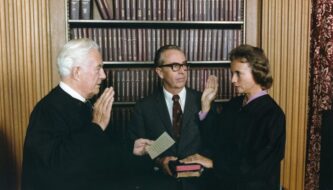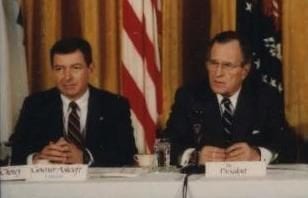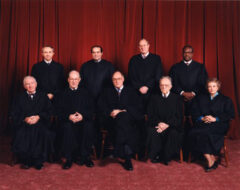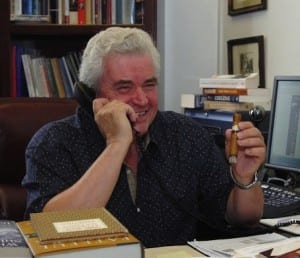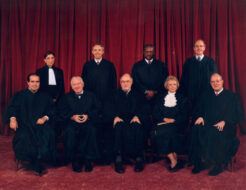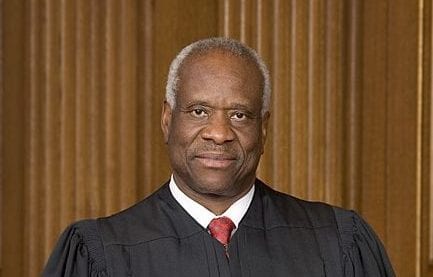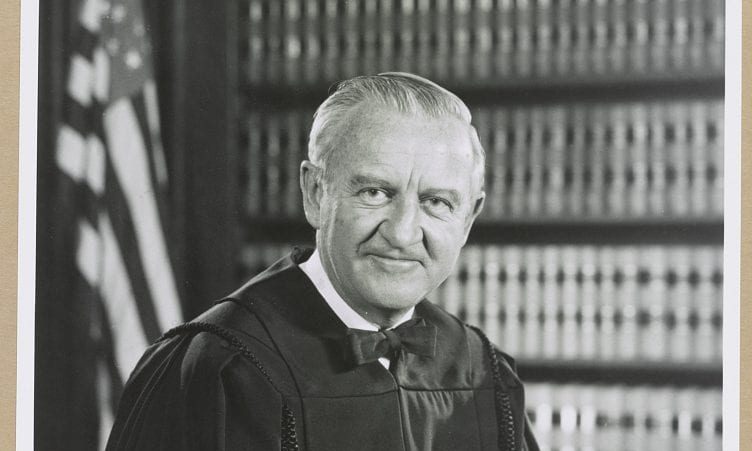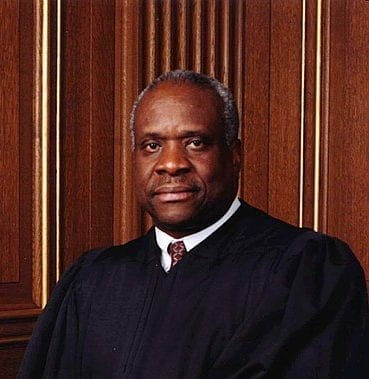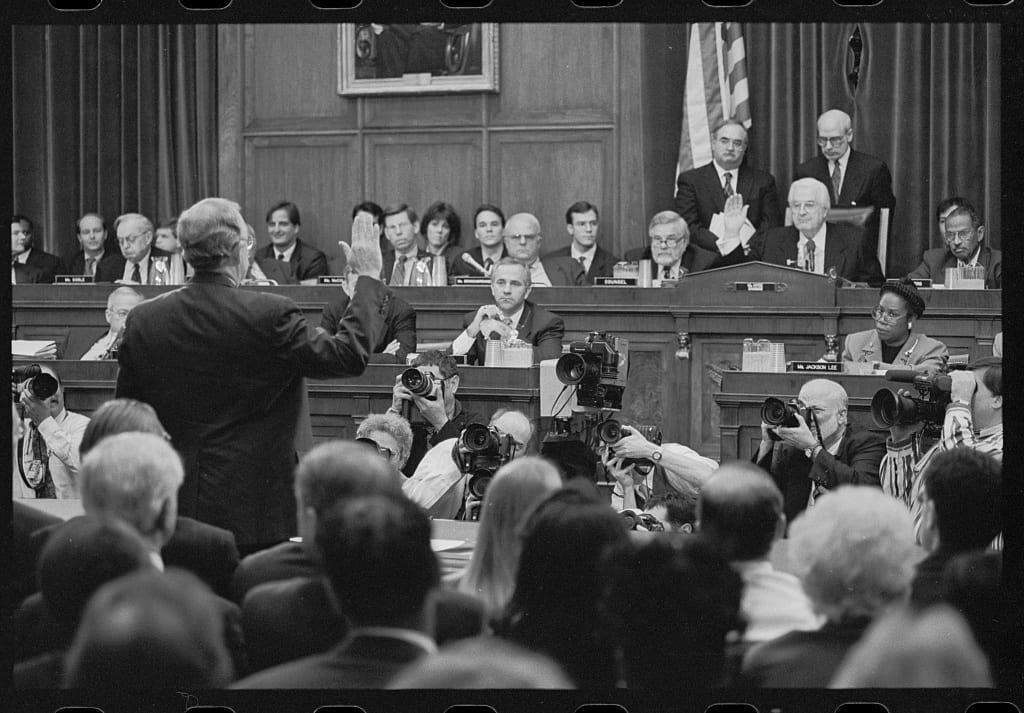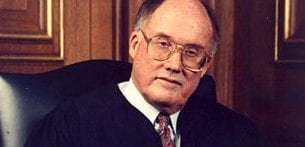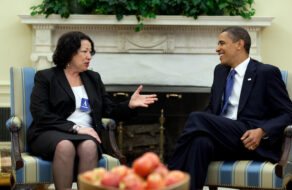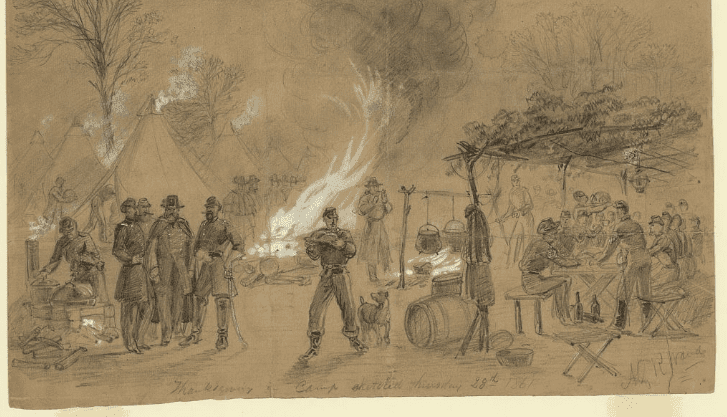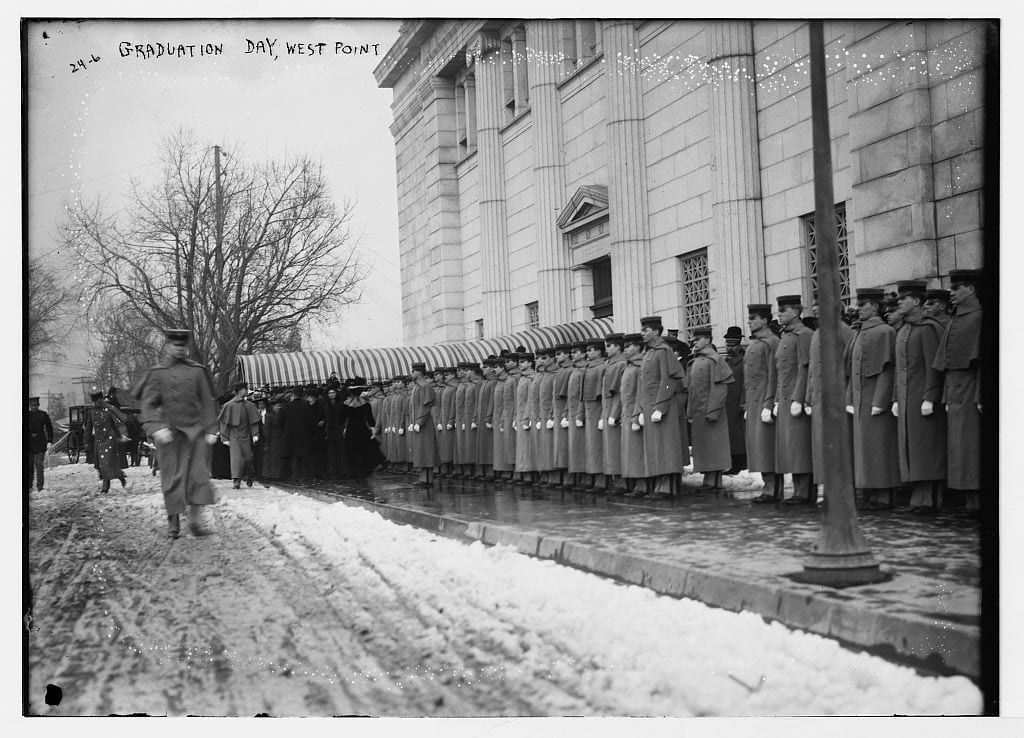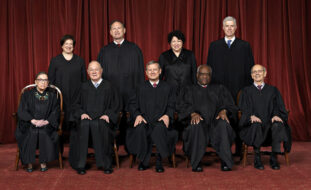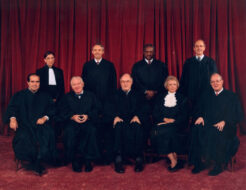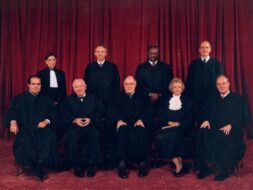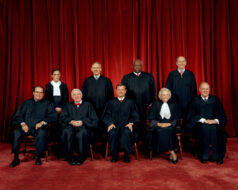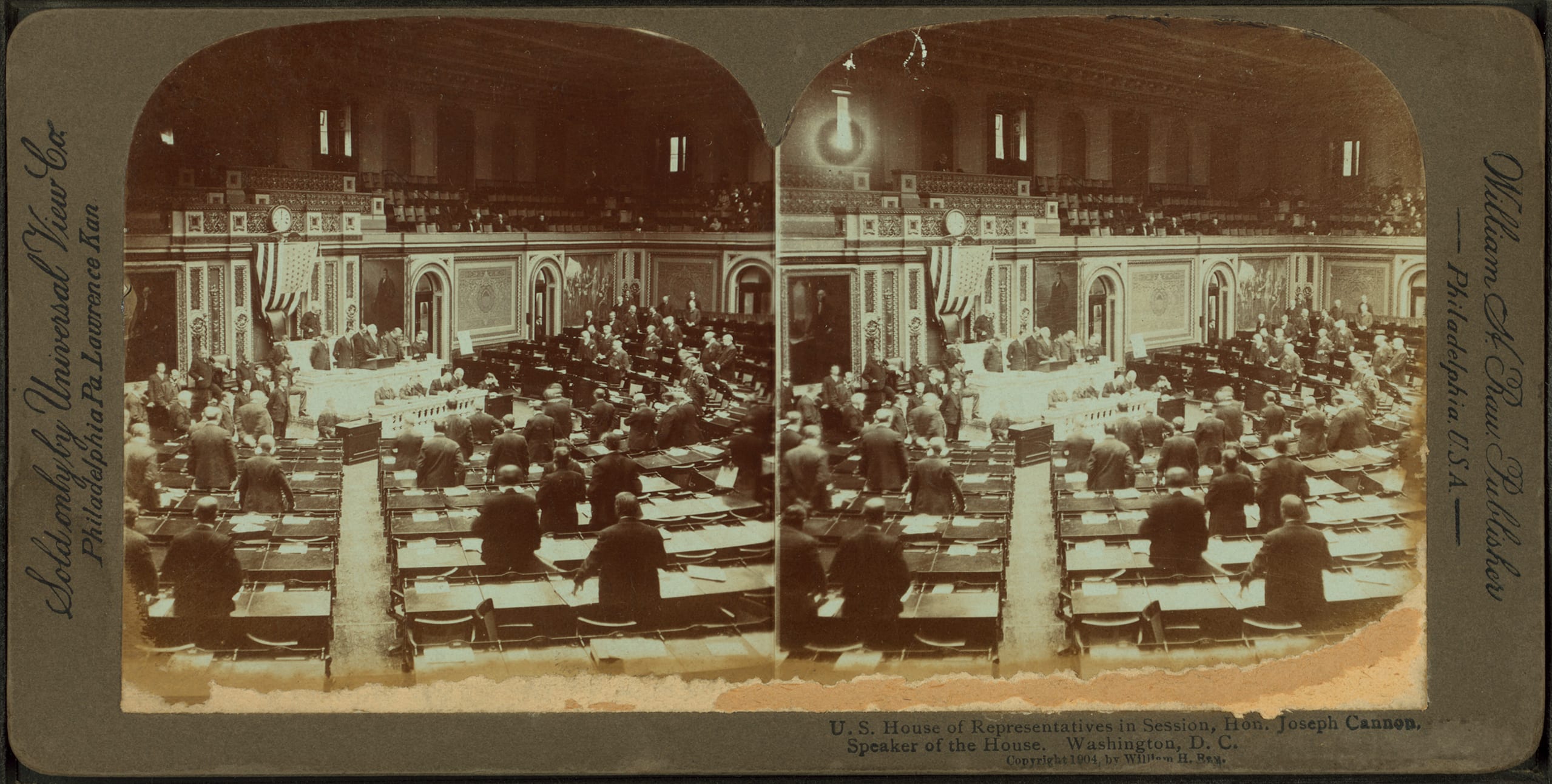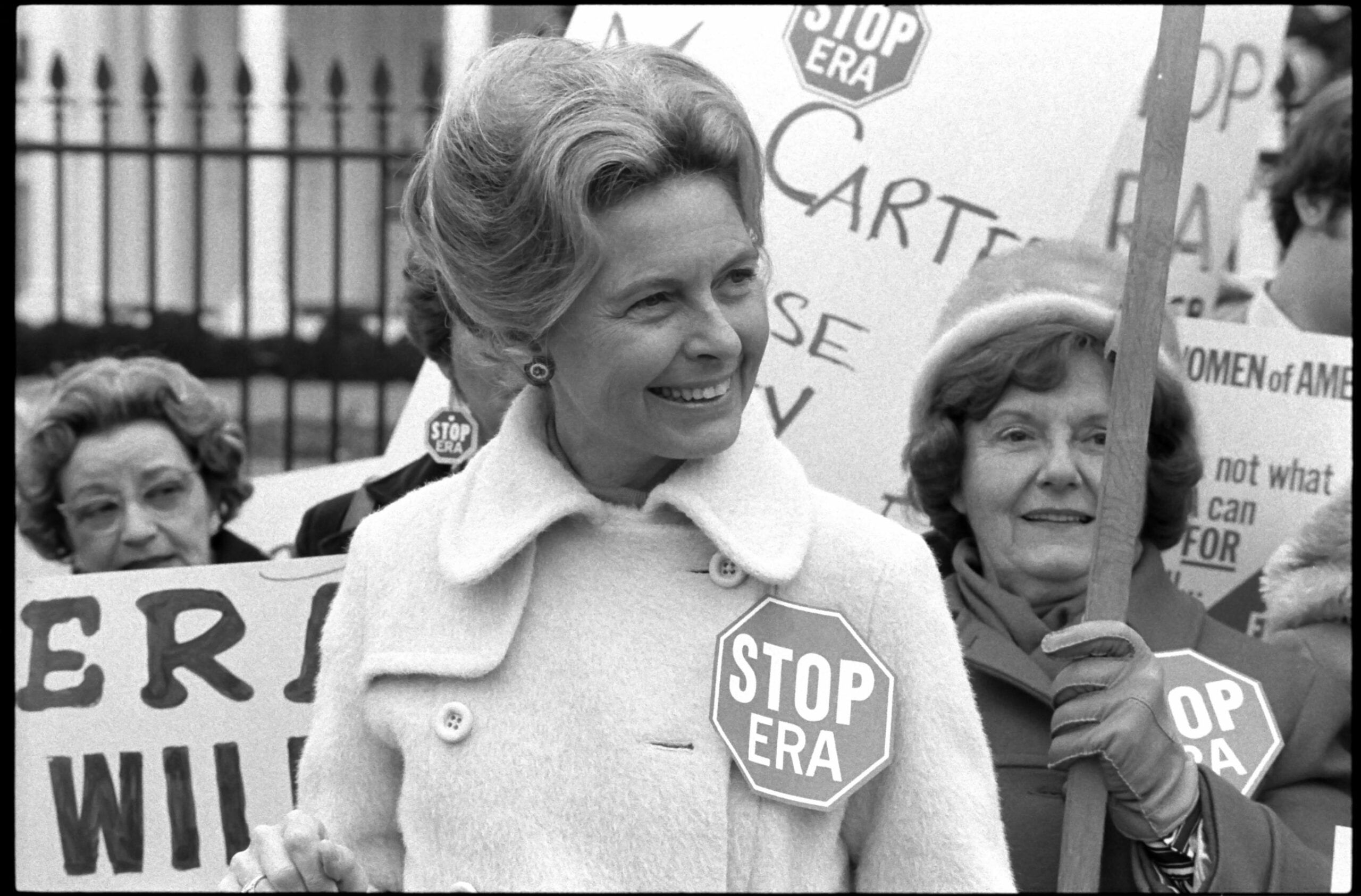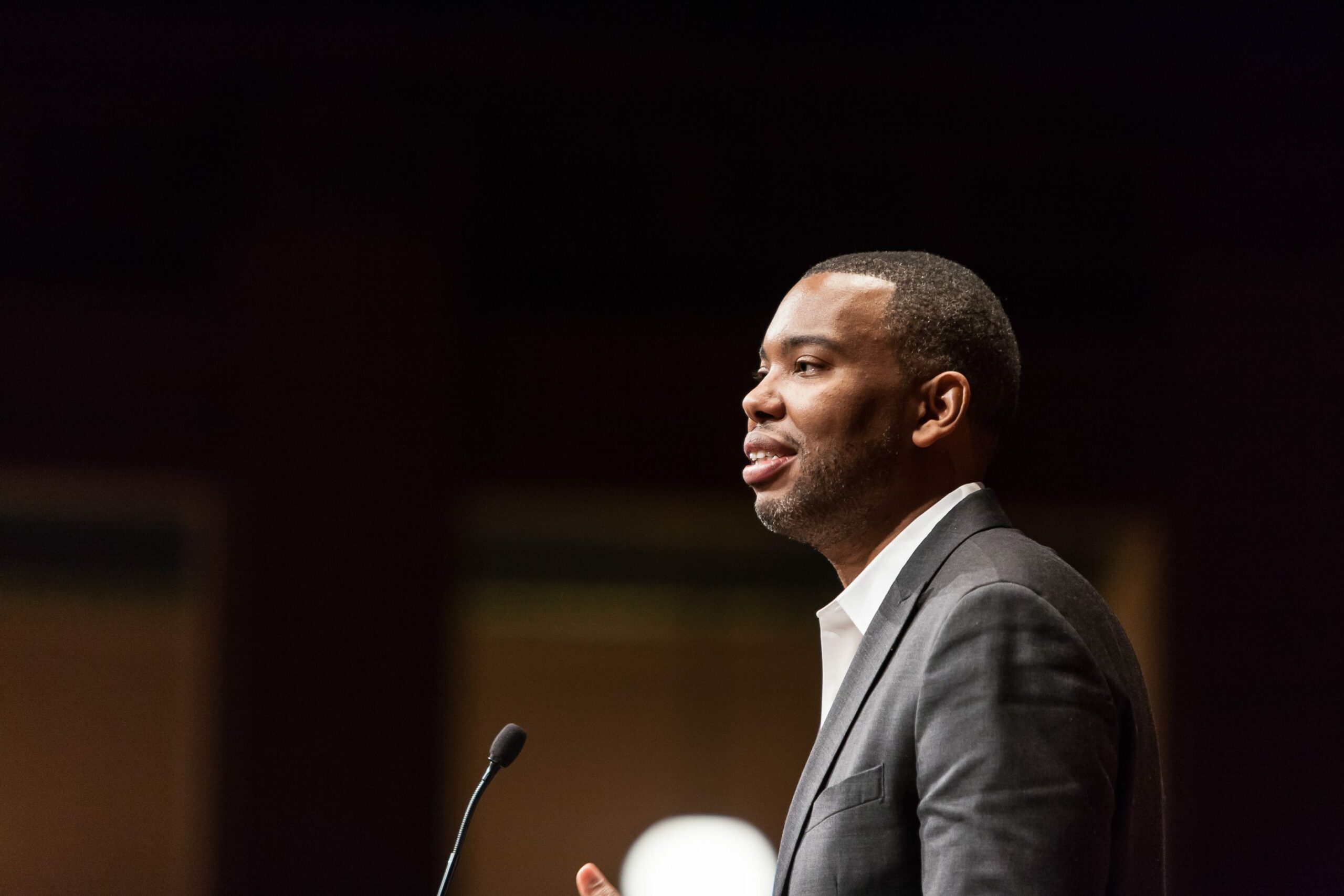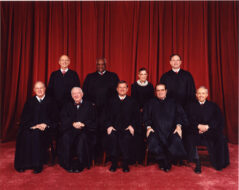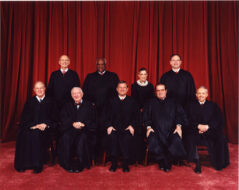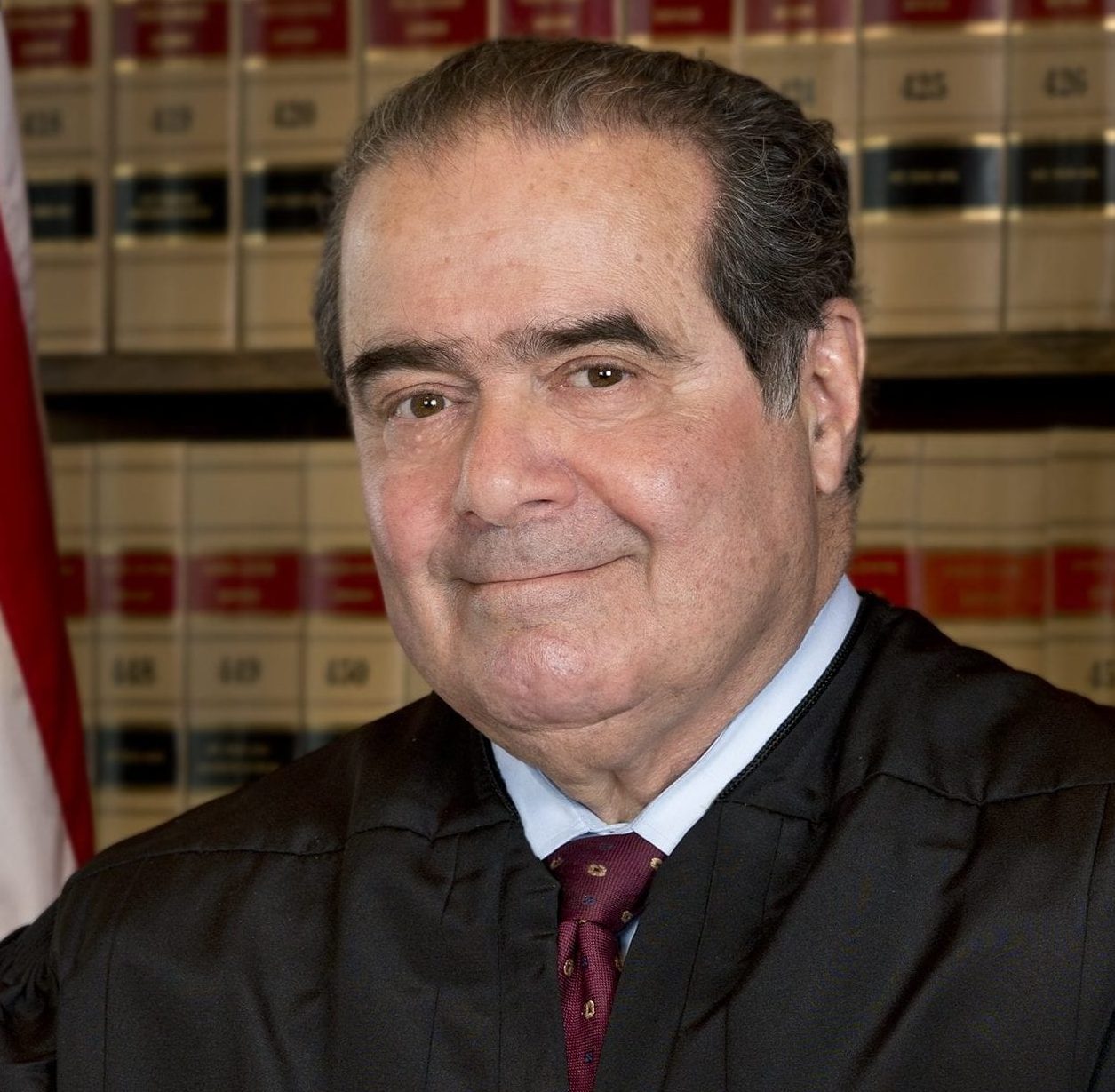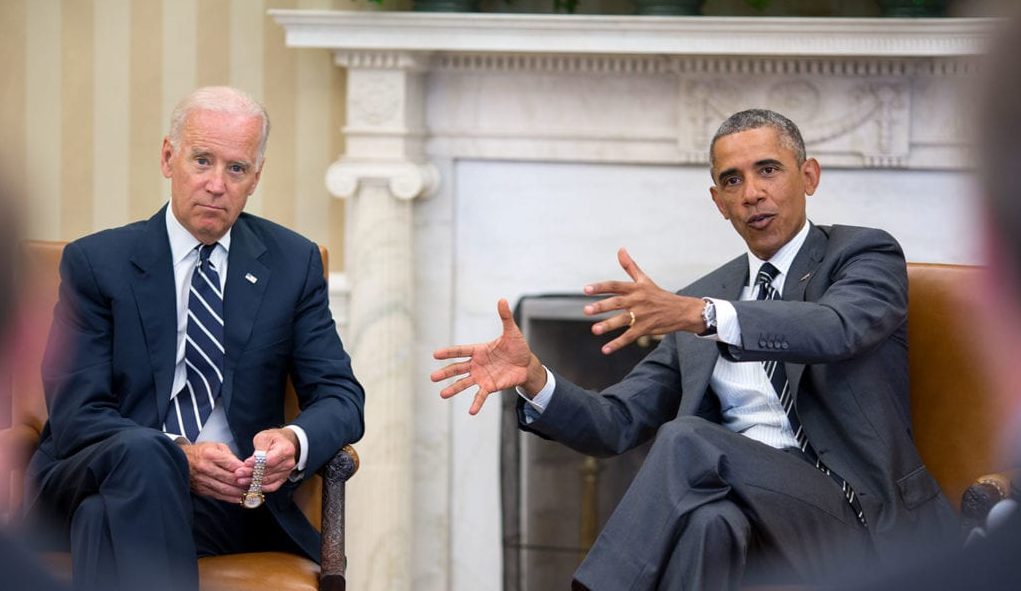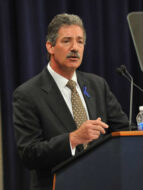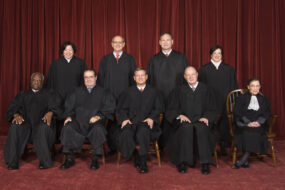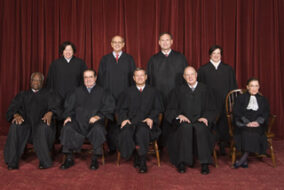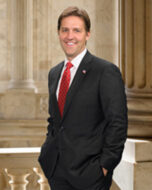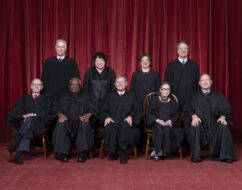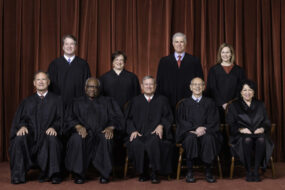Introduction
Richard “Dick” Armey was a Congressman, economist, author, and lobbyist. He is best known for his instrumental involvement in the “Republican Revolution” of 1994, in which Republicans gained majority control of the House for the first time in decades. Having been in the minority for forty years, House Republicans looked toward Speaker of the House Newt Gingrich to spearhead a national party agenda that could galvanize the House leadership and counter the agenda of Democratic President Bill Clinton. Armey’s participation and loyalty in the Republican Revolution was rewarded with the position of House majority leader, who works with the Speaker of the House to schedule the activities of the House position. Additionally, Gingrich granted an unprecedented amount of legislative scheduling power to Armey. In this document Armey describes the dynamics of the power struggle in the House after the 1994 elections, including the fight that Republican leaders engaged in against powerful House committee chairs.
—Joseph Postell
Source: Richard Armey, “Reflections on the Republican Revolution,” in The Republican Revolution 10 Years Later: Smaller Government or Business as Usual?, ed. Chris R. Edwards and John Samples (Washington, D.C.: Cato Institute, 2005), 5–16.
. . . A true struggle emerged in the Republican ranks [prior to 1994]. When Newt Gingrich was elected Whip, and subsequently I was elected to leadership, things grew uncomfortable for the old guard of the GOP. . . . [1]
Leadership vs. the Status Quo
On the strength and popularity of the Contract [with America], Republicans won the majority [in 1994]. But it is important to understand that, even at that moment in 1995 when Republicans gained the majority for the first time in 40 years, it was not a majority of small-government conservatives; they were still a minority within the [Republican] party. Setting party affiliations aside, the majority, composed of Democrats and moderate Republicans, still favored bigger government. For this group, it was business as usual, handing out perks and spending on pork. In fact, government would have grown were it not for the leadership’s ability to exert a message of smaller government.
In retrospect, Republicans did some remarkable things in the short period after the [1994] election. One reason they were able to do so was that many Republican members were happy to be in the new majority and were much aware of the fact that the leadership had created this opportunity. Every new Republican chairman was someone who had previously been resigned to being a member of a permanent minority. Winning the majority generated an intense sense of appreciation and loyalty, and a willingness to work with the leadership that was the source of this extraordinary opportunity. Yet, as Republicans became comfortable with being in the majority, this cohesiveness began to fade, giving way to politics as usual and expanding government.
Early on, however, we were able to make remarkable strides. We were duty bound to do exactly what the Contract said in the first 100 days. That meant for the first 100 days leadership, not committee chairmen responding to interest groups, defined the entire agenda of the House. This change was important because it provided an opportunity to challenge—at least in the short run—the influence of special interests that drive the agenda at the committee level. Committees, which deal with a limited range of issues, have a parochial view driven by policy concerns. Leadership, in contrast, has a broader view that must balance the interests of competing committees and the legislative body as a whole. The deference to leadership on the part of the chairmen provided an opportunity for change. We established a pattern of the leadership setting policy goals, which gave us the ability to hold our conservative, small-government agenda together and get members to work with it.
The first 100 days were remarkable. The House passed a wide range of reforms, including tax cuts, a balanced-budget amendment, and civil justice reforms. It became more difficult moving legislation from the House to the Senate, working to encourage the Senate to act, coordinating the Senate and the House efforts, and negotiating with the president [William Clinton] to get legislation signed into law. As time passed reform got harder, as we learned that Congress was not a world of small-government conservatives. Committee chairmen became more adept and comfortable in their roles and no longer felt so lucky to be chairmen. In fact, some chairmen developed the attitude that the party was fortunate to have them.
In sum, the willingness to go along with the party began to erode over time. We did remarkable things in those first three or four years of a Republican majority, largely because the leadership was able to impose a standard of limited government on members who felt a debt of gratitude for the new majority status. That situation no longer exists. . . . Current members no longer feel the same sense of loyalty to leadership as they did in 1995. The committee system has reasserted its dominance and made it much more difficult for leadership to control the agenda. . . .









